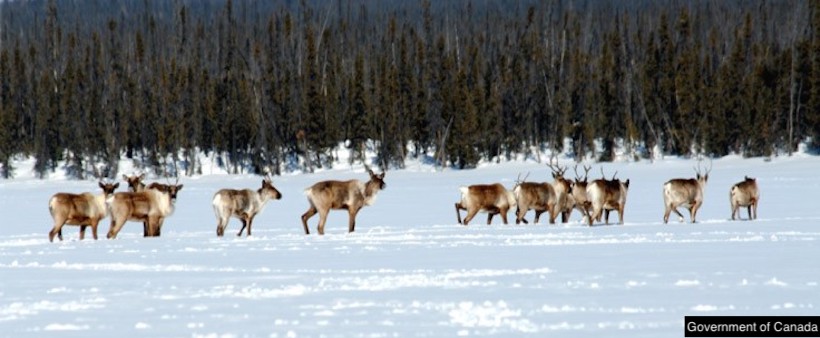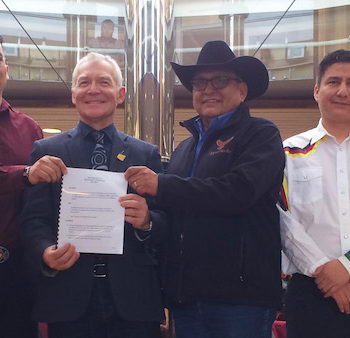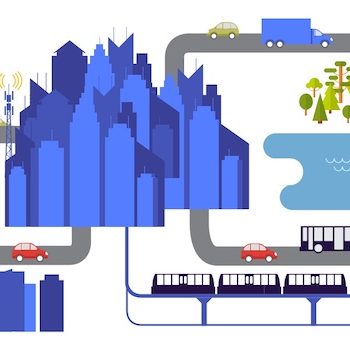
Boreal Caribou Range Planning Framework
- Posted by Compass Resource Management
- On May 14, 2018
The Government of Northwest Territories (GNWT) is seeking public input to help develop a Range Planning Framework for boreal caribou. This framework will guide the development of five regional range plans for managing habitat disturbance across the Northwest Territories. Boreal caribou are in serious decline in some areas and are a threatened species under the federal and territorial Species at Risk Acts, and range plans are required under both the federal and territorial recovery strategies.
External factors such as industrial development and forest fires can negatively impact the health and survival of boreal caribou populations. Range planning is intended to ensure at least 65 percent of the NWT range is maintained as undisturbed habitat, and to help ensure a healthy population of caribou can be sustained into the future.
Compass has been working closely with GNWT’s Wildlife Division to develop the framework, work toward consensus on an approach more broadly within GNWT, and to design the approach to engagement with indigenous governments and other co-management partners. To learn more about the work that was done click here.
To view the original article and supporting documents click here.
To learn more about the services we provide click here. To see more projects click here.



0 Comments